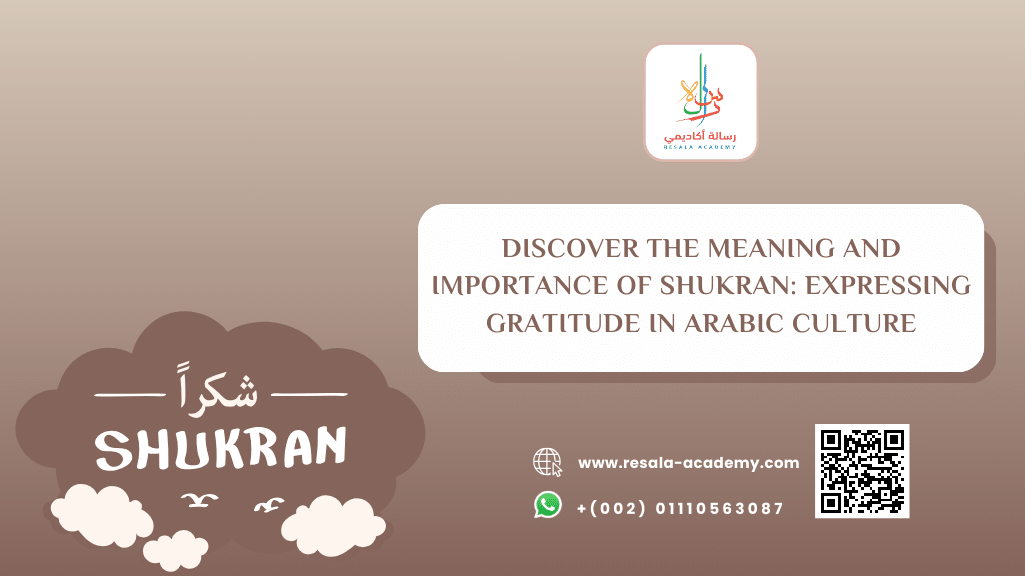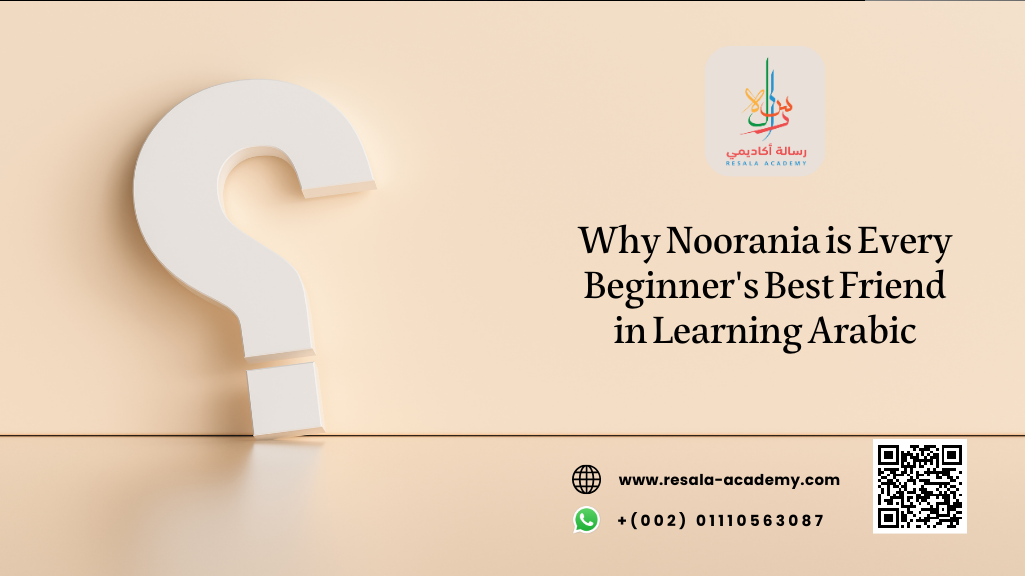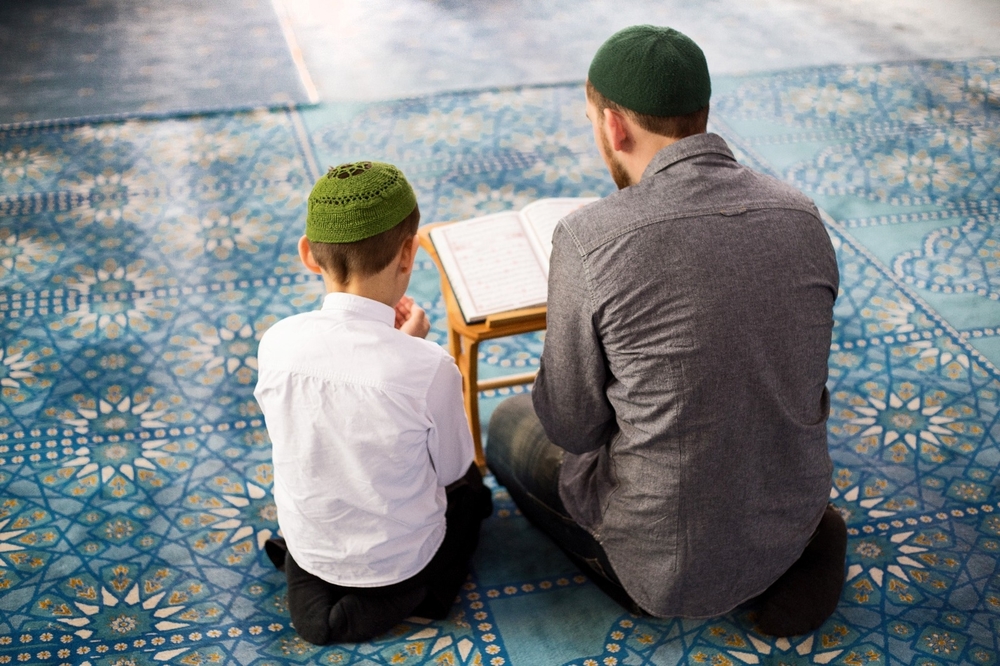Table of Contents
Discover the Meaning and Importance of Shukran: Expressing Gratitude in Arabic Culture
Step into the vibrant world of Arabic culture, where gratitude takes center stage and appreciation flows like a desert breeze. In this captivating blog post, we dive deep into the meaning and importance of “shukran,” a word that encapsulates the essence of expressing gratitude in Arabic-speaking countries.
Brace yourself for an enriching journey as we unravel the cultural significance of shukran and explore its various forms of expression. Whether you’re an aspiring linguist, a curious traveler, or simply someone seeking to deepen your understanding of different cultures, prepare to be captivated by the beauty and warmth behind every shukran uttered! So grab your metaphorical passport and let’s embark on this enlightening adventure together!
Understanding the meaning of shukran
Understanding the meaning of shukran is like unlocking a hidden treasure chest filled with gratitude and appreciation. In Arabic culture, shukran goes beyond a simple “thank you” – it’s an expression that carries deep significance.
At its core, shukran represents humility and recognizes the kindness bestowed upon us by others. It embodies the concept of reciprocity, acknowledging that we are all interconnected in this vast tapestry of life. Shukran encourages us to be grateful not only for tangible gifts but also for intangible blessings such as friendship, love, and support.
Shukran teaches us to pause amidst our busy lives and take a moment to appreciate even the smallest acts of kindness. From receiving a warm smile from a stranger to being offered help when we least expect it – these moments become opportunities for expressing genuine gratitude through the word shukran.
In essence, shukran serves as a reminder to cultivate an attitude of thankfulness in our daily interactions. By incorporating this powerful word into our vocabulary, we can foster stronger connections with those around us and create an atmosphere of positivity and appreciation.
By understanding the true meaning behind shukran, we can begin to embrace gratitude as an integral part of our lives – opening ourselves up to more joy, compassion, and fulfillment along the way. So next time someone does something kind or thoughtful for you – remember: say “shukran”!
The cultural significance of shukran in Arabic-speaking countries
The cultural significance of shukran in Arabic-speaking countries goes far beyond a simple “thank you.” It reflects the deeply ingrained values of gratitude, respect, and hospitality that are at the core of Arab culture.
In these countries, expressing gratitude is not just a polite gesture; it is seen as an important moral obligation. Shukran serves as a way to acknowledge and appreciate the kindness or favor extended to you by someone else. It fosters positive relationships and strengthens social bonds within communities.
Shukran also plays a significant role in Arab hospitality, which is renowned worldwide. When guests receive warm welcomes and generous gestures from their hosts, responding with shukran shows appreciation for their efforts. This exchange creates an atmosphere of mutual respect and enhances the sense of belonging.
Moreover, the shukran embodies humility in Arabic culture. By expressing gratitude openly and sincerely, individuals demonstrate their recognition that they are dependent on others for support and assistance. This acknowledgment promotes harmony within society by encouraging cooperation instead of self-centeredness.
Understanding the cultural significance of shukran allows us to appreciate its importance in fostering strong connections among people while upholding values such as gratitude, respect, hospitality, and humility
Different ways to use and express shukran
1. Verbal expressions: Shukran is often used as a simple, yet powerful way to say “thank you” in Arabic. It can be said on its own or followed by other words like jazeelan (very much) or katheeran (a lot) to convey deeper gratitude.
2. Non-verbal gestures: In addition to saying shukran, Arabic culture also places importance on non-verbal expressions of gratitude. This can include smiling, nodding, or placing your right hand over your heart while saying shukran.
3. Acts of service: Showing gratitude through actions is highly valued in Arabic culture. You can express shukran by offering assistance, performing acts of kindness, or doing favors for others without expecting anything in return.
4. Written messages: Writing a thank-you note or letter is another meaningful way to express shukran. Whether it’s a handwritten letter or an email, taking the time to write down your appreciation shows sincerity and thoughtfulness.
Remember that expressing gratitude using shukran should come from the heart and be genuine. By incorporating these different ways into your interactions with others, you will not only show respect for Arabic culture but also foster stronger connections with people around you!
How to say shukran in different dialects of Arabic
Arabic is a rich and diverse language, with various dialects spoken across different regions. Just like any other language, the way certain words are pronounced can differ from one dialect to another. If you’re eager to express gratitude in Arabic using the word “shukran,” it’s fascinating to explore how this term sounds in different dialects.
In Egyptian Arabic, you’ll hear people say “mamnou’ alik” or “ismahelak” as alternatives to shukran. In Levantine Arabic, which includes countries like Lebanon and Syria, you might come across variations such as “sho-kren” or “shu-ker.” The Gulf dialects also have their unique pronunciation of shukran – sometimes sounding more like ‘shukur’ or ‘shawkur.’
As we move towards North Africa, Tunisians may use expressions like ‘Barak Allahu fik,’ while Moroccans commonly say ‘chokrane.’ And if we venture into Sudanese Arabic, prepare ourselves to hear phrases such as ‘jazak Allah khair’ instead.
With these varied pronunciations of shukran in mind, it’s essential to familiarize yourself with local customs when expressing gratitude in different Arab-speaking countries. Learning a few alternative versions can go a long way in making connections and showing respect within each specific cultural context.
So next time you want to express your appreciation while exploring an Arabic-speaking nation, don’t be afraid to adapt and embrace the local variations of saying shukran!
Common phrases and expressions using shukran
When it comes to expressing gratitude in Arabic-speaking countries, the word “shukran” is an essential phrase that you need to know. But did you know that various common phrases and expressions are using “shukran”? Let’s dive into some of them!
1. Shukran Jazeelan: This is a way to say “thank you very much.” It adds an extra level of appreciation, showing sincere gratitude for someone’s kindness or generosity.
2. Afwan: This phrase means “you’re welcome” or “not at all.” When someone says shukran to you, responding with afwan acknowledges their thanks and lets them know that their gratitude is accepted.
3. Alhamdulillah shukr: Combining two powerful words, this expression translates to “praise be to God for allowing me to express my thanks.” It emphasizes the spiritual aspect of being grateful.
4. Shukran ‘ala wajibik: Meaning “thanks for your duty,” this phrase shows appreciation specifically for someone fulfilling their responsibilities or obligations towards you.
These are just a few examples of how shukran can be used in different contexts and situations. Incorporating these phrases into your conversations will not only show respect but also enhance your understanding of Arabic culture.
So next time someone does something kind for you, don’t forget to say shukran!
Incorporating shukran into daily conversations and interactions
Incorporating shukran into daily conversations and interactions is a wonderful way to show gratitude and appreciation in Arabic culture. Whether you’re chatting with friends, interacting with colleagues, or even just ordering food at a restaurant, using the word shukran can make a big difference.
One simple way to incorporate shukran into your daily conversations is by saying it whenever someone does something kind for you. If a friend helps you with a task or offers their support, express your thanks by saying “shukran” with sincerity.
Another way to use shukran is when receiving compliments. Instead of brushing off praise or downplaying your accomplishments, embrace them graciously and respond with a heartfelt “shukran.”
When interacting with service staff or strangers in public places, expressing gratitude can go a long way in fostering positive connections. Saying “shukran” after receiving assistance from someone shows respect and acknowledges their effort.
Don’t forget to use variations of shukran depending on the situation and dialect of Arabic being spoken. In some regions, people say “merci” as an alternative to shukran. Learning these nuances will help you adapt your expressions of gratitude accordingly.
By incorporating shukran into our daily lives, we foster an atmosphere of kindness and appreciation that benefits both ourselves and those around us. So next time someone extends a helping hand or deserves recognition for their actions, remember the power of this simple yet profound word – Shukran!
Unlock the Beauty of Arabic: Learn Online with Resala Academy!
Learning a new language can open up a whole world of opportunities, and if you’ve ever wanted to master the beautiful Arabic language, then Resala Academy has got you covered! With their online Arabic classes, you can now learn this ancient and rich language from the comfort of your own home.
At Resala Academy, they understand that everyone learns at their own pace. That’s why their classes are designed to be flexible and cater to students of all levels – whether you’re a beginner or looking to enhance your existing skills. Their experienced instructors will guide you through each lesson with patience and care, ensuring that you grasp the intricacies of the Arabic language.
What sets Resala Academy apart is its interactive teaching methods. Through live video sessions, virtual classrooms, and engaging study materials, they create an immersive learning experience for every student. You’ll have plenty of opportunities to practice speaking Arabic with fellow learners from around the world while receiving personalized feedback from your instructor.
With Resala Academy’s online Arabic classes, no geographical barriers are holding you back from embarking on this linguistic journey. So why wait? Start learning today and unlock new horizons in culture, communication, and personal growth!
FAQs
1. What does “shukran” mean?
Shukran is an Arabic term that translates to “thank you” in English. It is used to express gratitude and appreciation for someone or something.
2. How is shukran significant in Arabic-speaking countries?
Shukran holds immense cultural significance in Arabic-speaking countries as it reflects their values of hospitality, respect, and gratitude towards others. It plays a crucial role in building strong relationships and fostering positive interactions within the community.
3. Can I say shukran differently in different dialects of Arabic?
Yes! While the word “shukran” remains consistent across most Arab countries, there might be slight variations based on regional dialects. For example, Egyptians might say “shokran,” while Moroccans may use “choukran.”
4. Are there any common phrases or expressions using shukran?
Absolutely! Alongside saying a simple “shukran,” you might also hear phrases like “shukran jazeelan” (thank you very much), “shukran ‘ala wajhik” (thank you for your kindness), or “shukran ‘ala mosa’adatik” (thank you for your help).
5. How can I respond to someone who says shukran to me?
A simple “afwan” (you’re welcome) is a polite response to someone thanking you in Arabic. You could also say “la shukra ‘ala wajib” (no thanks needed) or “la ba’s” (don’t mention it).
Conclusion
In a world where gratitude is often overlooked or taken for granted, the Arabic term “shukran” stands as a powerful reminder of the importance of expressing appreciation. From its literal meaning of “thank you” to its deep cultural significance in Arabic-speaking countries, shukran holds a special place in the hearts and minds of those who embrace it.
Throughout this article, we have explored the meaning and significance of shukran. We have delved into different ways to use and express gratitude using this beautiful term. Whether it is through simple phrases like “shukran jazeelan” (thank you very much) or more elaborate expressions such as “Allah yashkurakum” (may God reward you), shukran allows us to acknowledge and appreciate others’ kindness.
By incorporating shukran into our daily conversations and interactions, we not only spread positivity but also foster deeper connections with those around us. It serves as a bridge that transcends language barriers, allowing us to connect on a heartfelt level.
If you’re interested in learning more about Arabic culture or mastering the art of expressing gratitude through shukran, Resala Academy offers online Arabic classes suitable for all levels. Their experienced instructors will guide you through immersive lessons that will not only teach you valuable language skills but also provide insights into Arab customs and traditions.
In conclusion, let’s remember that expressing gratitude goes beyond mere words; it requires sincerity, empathy, and genuine appreciation for others’ actions. So next time someone extends their kindness towards you, don’t hesitate to say “shukran.” Let your gratitude flow from your heart and make a positive impact on both yourself and those around you.
Shukran for reading! May your journey be filled with countless opportunities to express appreciation in all its forms.




